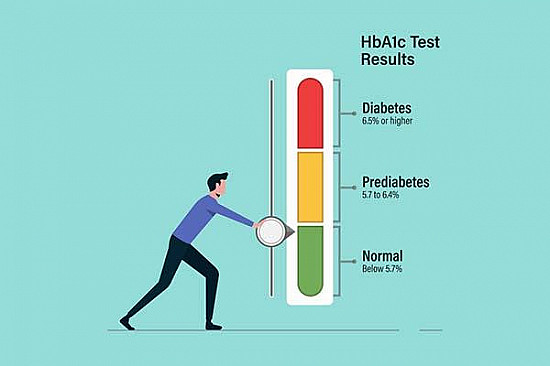What's the best way to test for low testosterone?
On call

Q. I'm worried that I might have very low testosterone levels. How do I get tested and are there certain steps that can ensure an accurate reading?
A. Doctors usually order a blood test to measure total testosterone. A total testosterone lab test measures both "free" (unbound) testosterone and the amount of hormone bound to blood proteins. Normal testosterone levels are between 300 to 1,000 nanograms per deciliter (ng/dL).
While it's the most widely used test, caution is needed when interpreting the results. First, a lot of the testosterone bound to proteins is not active in the body. Also, the percentage that binds to proteins differs; it differs from one man to the next. Second, total testosterone fluctuates during the day. Laboratories set normal values based on men having their blood drawn between 7 a.m. and 10 a.m.
Finally, slightly low readings in middle-aged and older men don't consistently correlate with symptoms. And the measured total testosterone levels can vary from test to test and from lab to lab. For people with borderline-low testosterone levels, a repeat test would show a normal range about 30% of the time.
Image: © Lorado/Getty Images
About the Author

Howard E. LeWine, MD, Chief Medical Editor, Harvard Health Publishing; Editorial Advisory Board Member, Harvard Health Publishing
Disclaimer:
As a service to our readers, Harvard Health Publishing provides access to our library of archived content. Please note the date of last review or update on all articles.
No content on this site, regardless of date, should ever be used as a substitute for direct medical advice from your doctor or other qualified clinician.
















